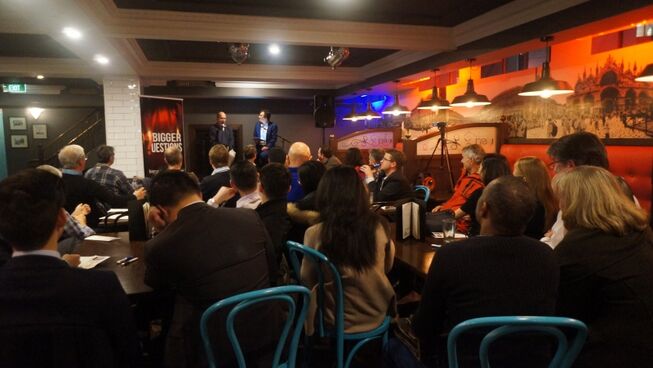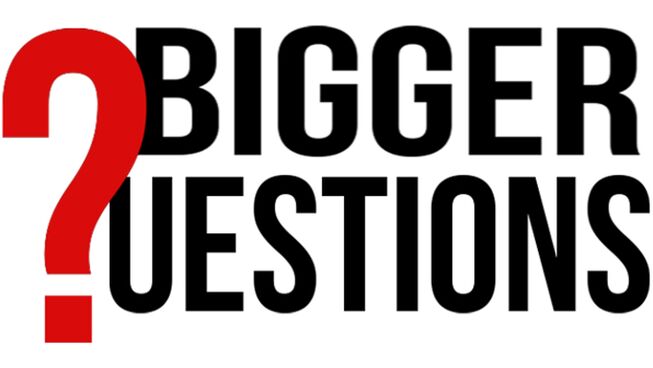How should we respond to Islamic extremism?

The recent terrorist bombing in Manchester has raised big questions of how we should respond to Islamic extremism. The latest Bigger Questions conversation featured Islamic scholar Dr. Bernie Power. We asked Bernie some bigger questions about how to understand Islamic extremism:
Many recent terrorist attacks, such as the one in Manchester and France are linked with Islamic State. What is the link between Islam, violence and terrorism?
From the earliest times Muhammad used terror as a tactic . The Qur'an speaks about this, for example in 8:12 it says,
I will strike terror into the hearts of unbelievers (Qur'an 8:12)
Hence rather than using diplomacy, Muhammad felt that terror was a legitimate tactic. He said at the end of his life, 'I have been made victorious through terror'. Terror was a way of keeping people uncertain and guessing. This is what terrorists are hoping to achieve - to keep people fearful.
Is terrorism an “abuse” of Islam?
Islam is a religious and political system with the goal of universal rule under Allah. Hence Islam means submission and a Muslim is 'one who submits'.
This concept was based on the teaching of Muhammad and he was asked by the leaders of Mecca of why they should listen to him. He responded by saying that if they take on his system and teaching, they will be able to rule, not just the Arabian peninsula, but the whole world.
Terror then became a legitimate approach which could be used to fulfil that goal. Hence in this sense it isn't necessarily an 'abuse' of Islam. Indeed groups like Islamic State justify their motivations and actions from the Qur'an and the life of Muhammad.
However, it must be acknowledged that there is a wide spectrum of Islamic belief and other Muslims would not necessarily endorse nor condone terrorist tactics.
The people who do these acts are labelled as extremists. Why are they called extremists?
They are extremists because it goes beyond what is expected as the norm of how things should be done. We value toleration and moderation, but they want to fulfil their goal by whatever means possible - even 'extreme' violent means.
What is the difference between Jesus and Muhammad?
Muhammad led twenty seven battles himself and sent his troops out on another fifty. He assassinated people who criticised him and beheaded prisoners of war. His life was characterised by violence, terror and brutality.
Yet the life of Jesus was very different. Jesus never led any military campaigns, nor encouraged his followers into any kind of armed conflict - in fact he advocated the opposite. Rather than assassinating and killing his enemies, Jesus proposed a radically different path. In Matthew 5:43-44 Jesus says,
‘You have heard that it was said, “Love your neighbour and hate your enemy.” But I tell you, love your enemies and pray for those who persecute you.
Jesus offers a very different approach to Muhammad. Jesus' approach is counter to so much of the natural human instinct to want to “hate our enemies and try to destroy them before they destroy us" as Christopher Hitchens once proposed. In fact so radical are Jesus' views on loving enemies here, that they could be seen as extreme.
Was Jesus an extremist?
By proposing we love enemies, Jesus was an extremist - an extremist of love.
Hence extremism is not necessarily the problem - it really depends on what you're extreme about. Jesus was extreme - but in a very different way to Muhammad and his followers today who detonate bombs to bring fear. Jesus advocated love not terror and trust over fear. His love for his enemies was so extreme that rather than take life, he laid down his own life for the sake of those opposed to him.
How should we respond?
This perhaps shapes a response to Islamic terrorism. Perhaps the way of love, an extreme, radical love, is a way of responding to fear and violence?




